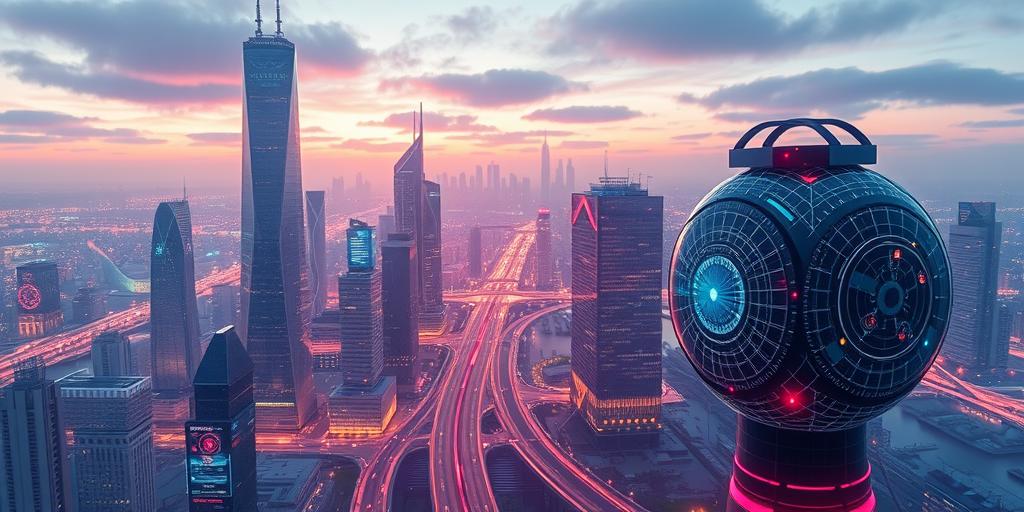AI in Music Creation and Discovery: A 2025 Outlook
Artificial intelligence is rapidly transforming numerous industries, and music is no exception. By 2025, AI’s role in both music creation and discovery is projected to be even more profound, impacting artists, listeners, and the industry as a whole. This article explores the anticipated advancements and implications of AI in music over the next few years.
AI-Powered Music Creation Tools
Enhanced Composition and Arrangement:
AI tools are already capable of generating melodies, harmonies, and rhythms. By 2025, these tools will likely offer even greater sophistication. Musicians will be able to input specific parameters such as genre, mood, and instrumentation, and AI will generate complex musical arrangements tailored to their needs.
- Intelligent DAWs: Digital Audio Workstations (DAWs) will incorporate AI-driven features that assist with tasks like mixing, mastering, and sound design. These AI assistants will analyze audio signals, suggest optimal EQ settings, and even identify potential sonic conflicts.
- Personalized Instrument Libraries: AI will curate instrument libraries based on a user’s style and preferences. Imagine an AI that can suggest the perfect synthesizer patch or drum sample for your track, saving hours of manual searching.
AI as a Collaborative Partner:
Rather than replacing human composers, AI will serve as a powerful collaborative partner. Musicians can use AI to overcome creative blocks, experiment with new ideas, and accelerate their workflow. The synergy between human creativity and AI assistance will lead to the creation of innovative and unique musical works.
Revolutionizing Music Discovery
Hyper-Personalized Recommendations:
Streaming platforms are already using AI to recommend music based on listening history. By 2025, these recommendation algorithms will become even more refined, taking into account factors such as emotional state, contextual data (e.g., time of day, location), and social media activity.
- AI-Driven Playlists: AI will create dynamic playlists that adapt to your evolving tastes. These playlists will not only introduce you to new artists but also curate music experiences that match your current mood and preferences.
Enhanced Music Search and Categorization:
AI will improve music search by allowing users to find songs based on descriptive queries (e.g., “upbeat pop song with a female vocalist”) rather than just keywords. Additionally, AI will automatically categorize music based on nuanced characteristics like emotional tone, energy level, and sonic texture.
Implications for the Music Industry
Democratization of Music Creation:
AI tools will lower the barrier to entry for aspiring musicians. Anyone with a basic understanding of music theory will be able to create professional-quality tracks, regardless of their technical skills or resources.
New Revenue Streams:
AI-generated music could open up new revenue streams for artists and rights holders. For example, AI could create personalized soundtracks for video games, films, and advertisements, generating royalties based on usage.
Challenges and Considerations:
As AI becomes more prevalent in music, it’s important to address ethical and legal considerations. Issues such as copyright ownership, artistic authenticity, and the potential displacement of human musicians need careful examination. Clear guidelines and regulations will be necessary to ensure that AI is used responsibly and ethically in the music industry.
Conclusion
By 2025, AI will be an integral part of music creation and discovery, empowering artists, enhancing listener experiences, and transforming the industry landscape. While challenges and concerns remain, the potential benefits of AI in music are undeniable. Embracing AI as a collaborative partner and a tool for innovation will pave the way for a vibrant and dynamic future for music.
